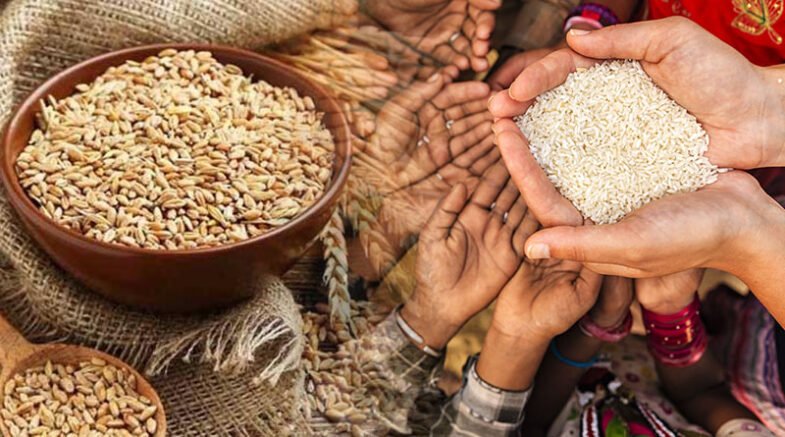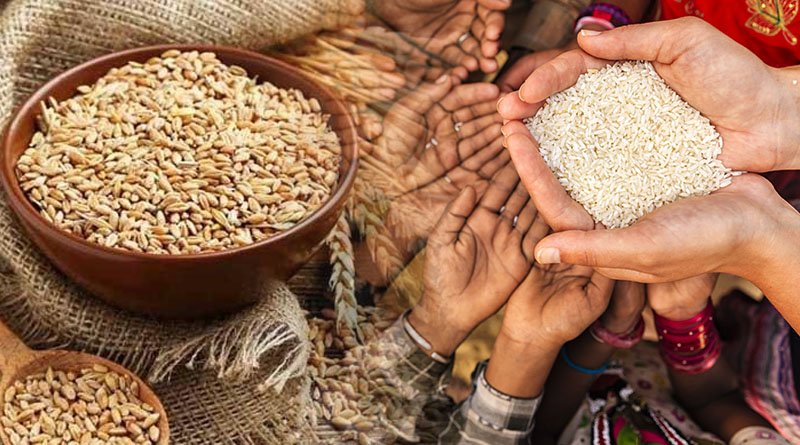“The wheat area is shrinking, which will cause food security issues in the country,” says Kissan Ittehad Pakistan (KIP) president Mian Umair Masood.

Progressive farmers fear that the country will face a food insecurity crisis as growers abandon wheat, the country’s main staple crop, due to high input costs, low profits, hoarding, and other factors.
“As a result of more savings in other crops, an expected reduction in grain production, black marketing and/or non-availability of fertilisers, and high production costs,” says Kissan Ittehad Pakistan (KIP) president Mian Umair Masood.
“The wheat area is shrinking, which will cause food security issues in the country,” he continues.
Because the federal government and provincial governments are responsible for ensuring national food security and agricultural research, it is critical that all relevant authorities sit down and devise a plan of action to overcome the food insecurity crisis in consultation with farmers who understand the current challenges, he says.
Otherwise, he warns, the situation may worsen next year, and the country’s economy will be harmed by rising food prices, which will deplete the country’s foreign reserves.
Mr Masood demands that the government remove “illegal” taxes from agricultural tube well electricity bills, provide cheap di-ammonium phosphate (DAP) and urea fertilizers, and monitor their black market sales in order to reduce farmers’ production costs.
He also wants to know what the support price is based on global market rates. Instead of offering subsidies, the KIP leader suggests that the government lower the prices of fertilisers, seeds, and pesticides to ensure direct benefit to farmers rather than the fertiliser and seed industries.
He believes that crop support prices should be set ahead of time, giving farmers plenty of time to decide which crop to grow. He is also looking for low-interest loans to purchase agricultural machinery. “Modern technology should be made easily accessible to farmers.”
Farmers’ outstanding debts to sugar mills should be paid as soon as possible, and the sugarcane market should be liberated by eliminating the middleman (arhti) and commission culture.
The farmers’ leader demands technical assistance and investment in the installation of solar tube wells, bio-gas plants, and the development of modern irrigation systems to increase the per-acre time of canal water supply.
He also demands a ban on the sale of agricultural land for housing schemes, as well as crop and livestock insurance, to bring stability to the farming sector.
